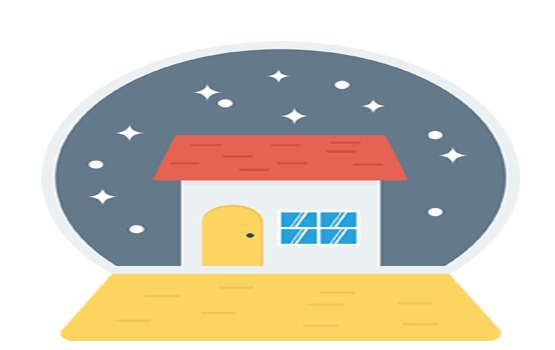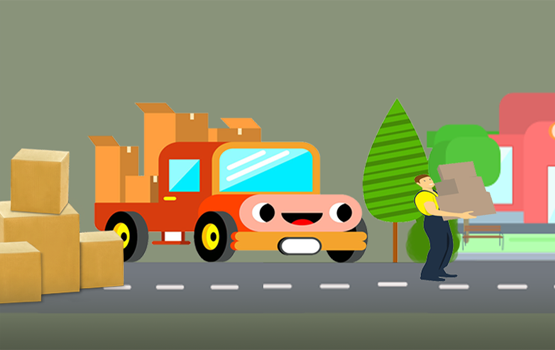REAL ESTATE GLOSSARY N
Native Land:
Reserved lands held by the Crown for the use and benefit of native people.
The rights and freedoms of Canada's First Nations people have been governed by the Indian Act since its enactment in 1876 by the Parliament of Canada. The provisions of Section 91(24) of the Constitution Act, 1867, provided Canada's federal government exclusive authority to legislate in relation to "Indians and Lands Reserved for Indians".
Indian reserves are the areas set aside for First Nations people after contact with the Canadian state ("the Crown"), and are not to be confused with land claims areas, which involves all of that First Nations' traditional lands: a much larger territory than any reserve.
Negative Amortization:
In finance, negative amortization (also known as NegAm, deferred interest or graduated payment mortgage) occurs whenever the loan payment for any period is less than the interest charged over that period so that the outstanding balance of the loan increases. As an amortization method the shorted amount (difference between interest and repayment) is then added to the total amount owed to the lender. Such a practice would have to be agreed upon before shorting the payment so as to avoid default on payment. This method is generally used in an introductory period before loan payments exceed interest and the loan becomes self-amortizing. The term is most often used for mortgage loans; corporate loans with negative amortization are called PIK loans.
Negative Cash Flow:
An income property with operating expenses and debt service exceeding gross operating income.
Negligence:
In real estate, the failure of a real estate practitioner to exercise an expected degree of care that is reasonable in relation to a commonly expected standards.
Net Income:
Income remaining following the deduction of expenses from revenue.
Net Lease:
In commercial real estate, a lease in which the lessee or tenant pays a portion of expenses associated with the leased premises.
Net Worth:
The difference between what you own (assets) and what you owe (liabilities).
Buying Your Own
Making the decision to become a homeowner is good decision since buying a home is a great investment in your future. Choosing a home to buy starts with your needs and desires and should process logically until you find something you can afford.
Read more...
Tips for Planning a Successful Move
There's little doubt that Canadians are on the move. Whether moving from an apartment to a house, apartment to apartment or home to home, moving is no simple matter. With careful planning, however, your transition can be facilitated in an organized and efficient manner, allowing you the peace of mind you need to settle into your home.
Read more...

